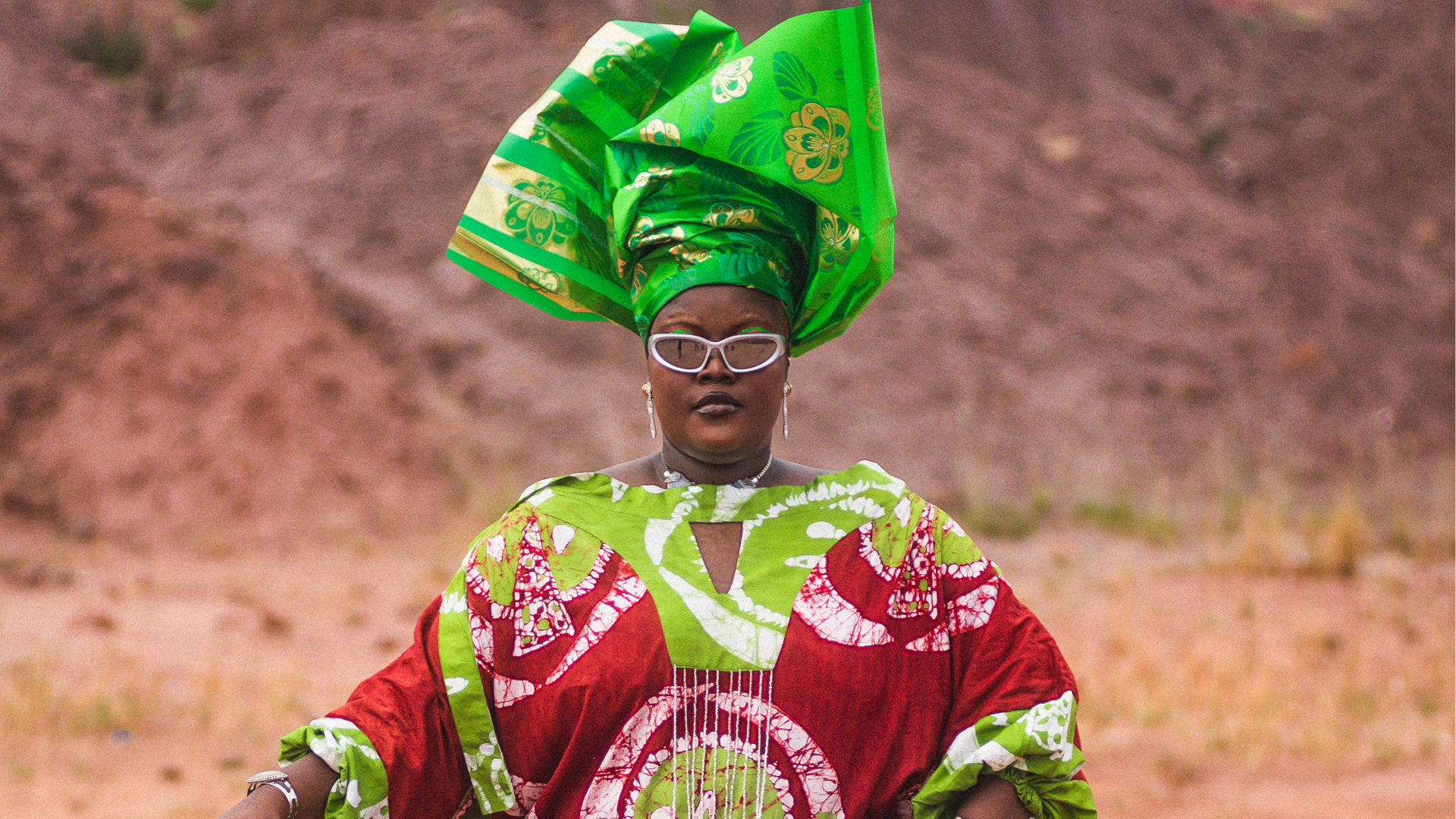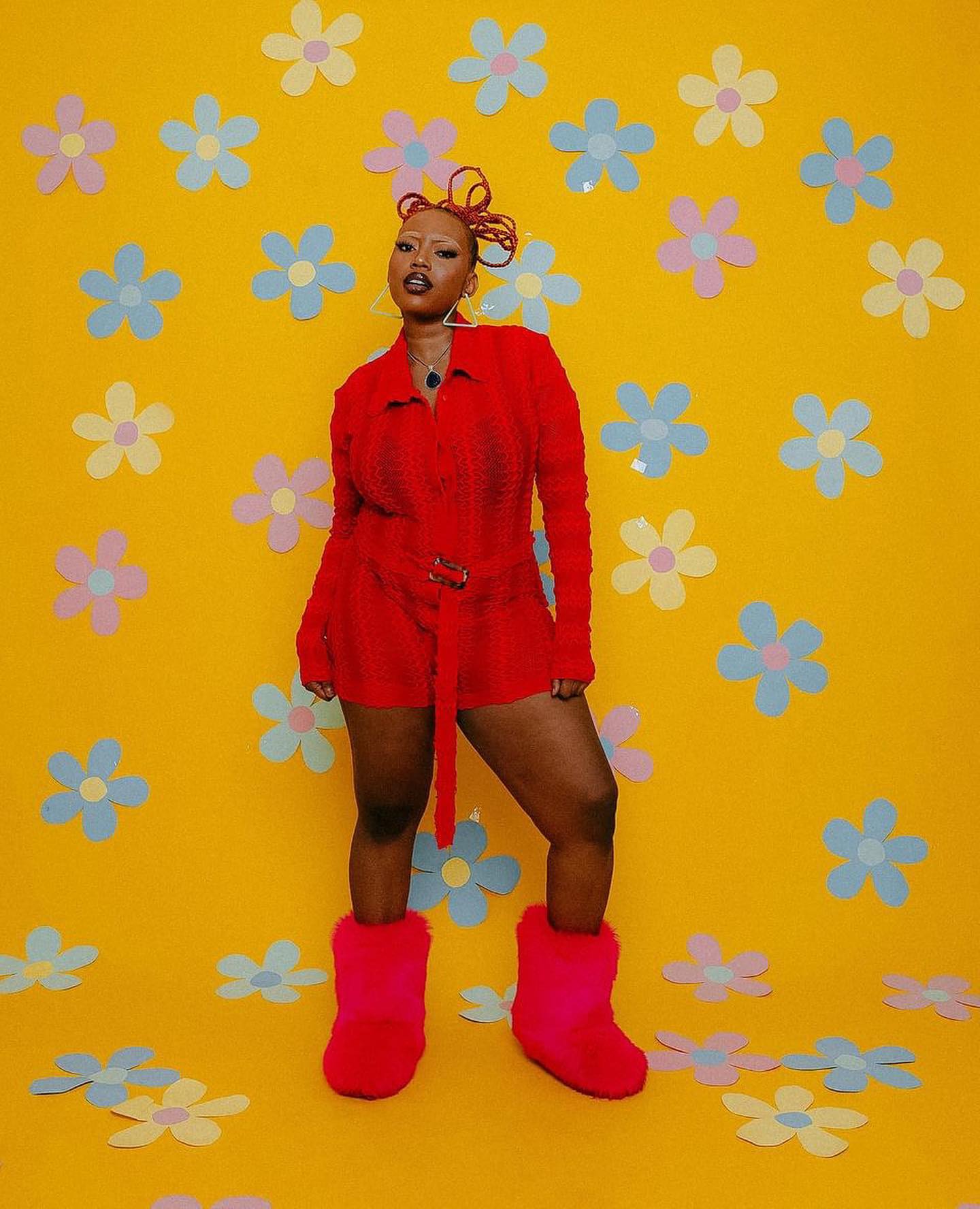 Alexandra Obochi By Ugonnaora Owoh ·Updated June 20, 2024
Alexandra Obochi By Ugonnaora Owoh ·Updated June 20, 2024
In a world where authenticity in human expression is clamored for, the case might not be for a marginalized group of people. Especially in numerous African countries where LGBTQ+ rights are heavily downplayed. But it just doesn’t end there; queer persons have to face scrutiny for the way they live, the way they express themselves, and certainly for the way they dress. Regardless, they keep seeking solace with fashion, and more than anything, it continues to be a behemoth offering a comfortable warmth for them to exist freely as themselves without prejudice.
Since the past few years, there has been a rise in fashion content creation across regions in the continent. This wave has witnessed new creators as it has seen versatility insrc=”https://www.essence.com/wp-content/uploads/2024/06/IMG_6544-scaled.jpeg” alt=”5 Queer Stylish Africans On Merging Fashion With Their Identity” width=”400″ height=”533″ />@tope_o
For Temitope The Ingenious, fashion is a deep form of liberation and a sweet embrace of creativity that leaves him unshackled from mediocrity. His fixation on garments allows him the comfort to express his true self and celebrate his individuality. Temitope discovered hissrc=”https://www.essence.com/wp-content/uploads/2024/06/Yoliswa-Mqoco.jpeg” alt=”5 Queer Stylish Africans On Merging Fashion With Their Identity” width=”400″ height=”599″ />Meegan Mitchell
Yoliswa Mqoco has a long list of why she loves and cherishes fashion. She credits this love to her mother who is also stylish–she also introduced her to this fabulous world, which led her to study fashion. Mqoco’sdecoding=”async” src=”https://www.essence.com/wp-content/uploads/2024/06/Alexandra-fashionista-Obochi-1-1-scaled.jpeg” alt=”5 Queer Stylish Africans On Merging Fashion With Their Identity” width=”400″ height=”600″ />Alexandra Obochi
Photographer Alexandra Obochi detests the idea of being boxed, especially in the way she wants to express herself, and it’s been something she’s been subjugated to by people in higher authority who feel they have the autonomy to dictate who she should be as a woman. But she likes to think of herself as a rulebreaker coupled with the deep realization of her queer identity as a form of stylish versatility. And that has been her armor to her exoticdecoding=”async” src=”https://www.essence.com/wp-content/uploads/2024/06/Countess-Sasha-scaled.jpeg” alt=”5 Queer Stylish Africans On Merging Fashion With Their Identity” width=”400″ height=”500″ />Ìyìnkáyé ỌrẹOlúwa
The first thing to know about Countess Sasha is the origin of her name; derived from her love for her two biggest faves: Beyoncé and Lady Gaga. Countess from Lady Gaga’s character in American Horror Story and Sasha is Beyoncé’s alter ego. But the beautiful thing about these names is that they represent the core of her aesthetic as a drag queen— dark, seductive, motherly and they feed her energy. Sasha credits her mother who was a fashion designer and pop culture which was her first interest which allowed her the space to be curious about the origins of fashion.
And now fashion seems to be a safety net for her. “[A] couple of years ago, before I came into my identity as nonbinary, I was always wearing things that were quite feminine and fashion allowed me to feel that.” She added: “When people always asked questions, I always told them it was fashion but then I talked to myself a couple of years later and then I realized this was fashion but I was using it to express who I am, my gender identity and also use fashion to tell stories too.” But being a drag queen does not always come easy, she faces several biases from people both physically and online but being authentic in her expression makes her stronger.
Pauline Enobong  Pauline Enobong
Pauline Enobong
Pauline Enobong comes from a bloodline of people who worked with fabrics and garments. Their lineage encompasses her mother and stepfather who care deeply about fashion. However, Pauline has spent the past few years of her life, strategically developing a style board, especially from people who inspired her life while growing up like the filmmaker Mo Abudu. She mentions she’s driven by nostalgia which she interweaves with trends like Y2K and whimsical cottagecore aesthetics.
Pauline has one belief which is that people shouldn’t be boxed because of the way they dress or be perceived to be queer, she maintains that fashion should be fluid, explore and reinvent oneself. She believes that fashion is very much capable of being a weapon to fight for queer rights she says it’s already in motion. “I think it’s already beginning to be, fashion is a voice for queer people. The Fola Francis ball just happened a week ago and queer Nigerians came out fashionably to celebrate that,” she said
The post 5 Queer Stylish Africans On Merging Fashion With Their Identity appeared first on Essence.
